With the Ultimate Marvel universe returning, I’ve been thinking about the future of the regular Marvel Universe and the other comics. And there may be a way for different Spider-Man fans to get what they want.
Some readers want to see Peter Parker grow & evolve. Some readers want to see something close to the most iconic version of the characters. Some may think it was a mistake to take him out of high school. And some want something new and experimental. There may be a method of revamping Marvel comics, which by definition would include Spider-man, so that everyone gets what they want.
Does the Sliding Timeline Work For The Regular Marvel Universe?
One constant question for Marvel is whether it even makes sense to continue with the 616 Universe as it is right now. A convoluted issue is the sliding timeline, so that four years of the real world are one year in the Marvel world, meaning a comic book published 60 years ago is set 15 years ago. Sometimes those comics did not age well.

The sliding timeline wasn’t perfect, but it kinda worked for a few decades. An advantage for Marvel is that they avoided many of the things that would date the series, so no major characters were in favor of segregation, and that there are less plot points connected to things that would be anachronistic. But it’s getting harder to continue this with the rate of change. New York City was shut down for a year and a half. The crime rate has changed significantly. Technology has changed, and will continue to change.
Maybe it’s time for a serious rethink. Years ago, there were serious conversations about ending the classic Marvel universe, and switching it with the ultimate comics. Perhaps something similar can work now.
What made the Ultimate Universe special?
The Ultimate comics featured accessible takes on Spider-Man, the X-Men and the Avengers with A-list artists and writers. Bendis and Millar weren’t at that level until they took on these books, so it’s a case where the success of the run cemented their status, although Marvel picked the right choices. If any of those early comics flopped, the Ultimate line could have died on the vine.

Instead it was so popular there was speculation, and some internal discussions, about whether Marvel should end the classic 616 Universe, and expand the Ultimate Universe. One immediate narrative problem was that the Ultimate Universe was starting out small, with characters who didn’t have a tremendous amount of history together. Expanding to several dozen titles would very quickly get convoluted, losing the appeal of an accessible universe limited to top-tier writers and artists. The new adventures of the characters would add up.
The Ultimate comics soon lost a bit of their luster with some mediocre runs. Robert Kirkman’s Ultimate X-Men seemed to be spinning the wheels for a run by Bryan Singer that never materialized. Jeph Loeb’s work on the line did not have the reception of Millar’s. It still served as a model for how the regular comics could be more accessible. Bendis would very quickly become the most important Marvel writer since Claremont, changing the Avengers, in addition to his runs on Daredevil, Moon Knight, Iron Man, Alias/ The Pulse and the X-Men books. Millar would write Civil War, Marvel’s biggest event mini of the 21st Century.
The Ultimate books weren’t meant to introduce new characters or concepts, as much as it was to streamline what already existed. Towards the end, it started going in a different direction, which is worth exploring going forward. But it now has too much backstory to be what it used to be. So Marvel could go for some kind of new universe.
What would a new Marvel look like?

An issue with starting from scratch is that it gets messy pretty quickly if all the characters are introduced at once. Venom requires the Alien Costume saga to have occurred. It’s a very different dynamic with Miles if he gets his powers at the same time as Peter. This does mean that early on, you’re stuck with a particular type of story of new superheroes figuring things out for the first time.
The biggest recent example of this kind of shake-up is DC’s new 52. They made some mistakes that might be possible for Marvel to avoid, though it’s also possible they’ll make their own mistakes.
There are two things to plan out: what the new Marvel comics would like, and how you set up the transition. But here’s how a Spider-Man revamp could work.
Seeding the new Marvel
One thing to recognize is that in the new universe it would be really hard to continue ongoing stories from the original Marvel universe, so the writers would need to tie up loose ends before the reset. The new 52 was a bit of a mess since some writers started with radically different status quos, and other writers continued big arcs from earlier.
An advantage for Marvel with a reset in the current environment is that right now there doesn’t seem to be any title that can’t be wound down in three years. This doesn’t mean that all the stories in the classic Marvel Universe will end, but it does mean that they can do the stories that couldn’t be done earlier because there’s too much of a sense that they have to keep the toys intact for the next generation. There would likely be some mega-arc about a big new threat to the classic Marvel Universe.
Meanwhile Marvel would create a new main Marvel Universe. This would feature characters at relatively iconic stages of the series. If we were to start from the beginning again, it takes a long time to introduce some characters, so this way we’ve got one series with a Peter Parker who has been Spider-Man for at least a few years, and he’s close to the Lee/ Romita version that is probably the most iconic take on the character.
Two years before the reboot, we might introduce the new universe with 12-13 issue mini-series on the main characters. For Spider-Man, the alien costume saga makes a lot of sense because while it’s a bit different in the 616 comics than in other versions of the series, it still has a complete beginning, middle and end, and can be used to introduce the status quo.

When it’s time for the reboot, a smart way to start would be with the origin before jumping ahead a few years. Marvel could publish 5-6 weekly issues of Amazing Fantasy, retelling the origin for this version of Spider-Man. The Vulture makes sense as the bad guy, to set up the idea that he is Spider-Man’s first true supervillain. Mary Jane would be a major character, someone close to Peter who discovers his secret identity. She’s more of an artsy type in this story like Zendaya’s version. The story ends with her departure, to establish a contrast when she returns in the regular comics a bit different from what Peter remembers.
The New Books
At some point, it becomes important to shift to the regular ongoing titles.

My preferred status quo for the main title would be Peter Parker starting his sophomore year in college. This way he’s still relatively young, but has been Spidey for a few years so the major villains could be established (and so Marvel could later or simultaneously publish the year one stories.) He would be working at the Daily Bugle, and perhaps transitioning to a science beat. His friend group would be Harry, Flash, Mary Jane, Gwen and Randy Robertson. Potential additions would be Liz Allen, Betty Brant and Ned Leeds. Peter went on a date with Gwen, and it didn’t work out. He hasn’t seen MJ in years, before she pops up again. Peter may be trying to recover from burning bridges after acting really out of character in the alien costume saga. So he’s on academic probation, Aunt May’s upset at him and Flash Thompson is telling people that Peter deserves a second chance, which just shows how screwed up his life is. He also had a relationship with Black Cat, while possessed by the alien costume so that’s something that plays into the story.
One question would be diversity audits, and how that should figure into the characters. Should the characters introduced in the silver age be white (except for the Robertsons) as they were in the comics, or should they be more ethnically diverse like in the movies? If Flash, MJ, Liz and MJ were white, obviously new characters could be introduced or other characters (Janice Lincoln, Sajani Jaffrey, etc.) could be part of this Peter’s life. I think I’d go with that approach, rather than changing existing members of the supporting cast.

The reboot would coincide with Miles Morales gaining powers through someone else’s effort to duplicate Spider-Man’s abilities, so his origin would be told at the same time. My feeling is that it’s easier to reset Miles’ status quo because part of his appeal is that he is the younger and less experienced Spider-Man, although I’m curious about the insight from his fans.
The new Marvel Universe could be home to several ongoing titles.
Amazing Spider-Man: This could also be twice-monthly, and the main title for this version of Spider-Man.
Spider-Man: This would be a monthly title dealing with contemporary topics. The stories are more standalone.
Amazing Fantasy: This could be the year-one title, filling in the backstory. This would be the book for people wo think Peter should always be in high school.
Miles Morales Spider-Man: His adventures. This would also be Spider-Verse heavy, so that Miles will realize he has a big role to play in the interdimensional web.

Another strategy would be to have Peter’s adventures in a weekly title with occasional intermissions, when Marvel publishes year one style adventures. So Marvel would publish 30 issues of Amazing Spider-Man, followed by a four month break when there may be Untold Tales mini-series.
One question is whether people could track of the backstory, but it shouldn’t be too hard for Marvel to have an internal sense of what the backstory for the characters is. One rule could be that this version of Spider-Man has fought the major bad guys before, with the exception of legacy villains. So Hobgoblin, the Harry Osborn Green Goblin, Alistair Smythe and Carnage would all be new to him.
What about the 616 Spider-Man?

The obvious question is that if there’s a new Marvel Universe, what happens to the classic Spider-Man? Well, his adventures can continue in a monthly title. Or more than one. The character would be allowed to age and change. There could be a new series with Spider-Man’s daughter, along with something on the next generation of the Fantastic Four and the Avengers and the X-Men.
Embracing the Multi-Verse
No Way Home and the Kang stories in the MCU have acclimated readers to the concept of the multiverse. With a line of 616 books, a line of Ultimate books and a line set in a more streamlined iconic universe, Marvel could embrace the multiverse. There can be interactions between worlds, and there could have series set in their own universes. Stories with multiple universes could make it easier to get top talent to tell stories which don’t require familiarity with the larger Marvel Universes. It could be possible to set up new shared universes with their own approach, although it may make sense to start with one or two per world. They could bring back existing universes like the MC2, or the Renew Your Vows world.

It can be a tough balance. Stories about multiverses build on years of continuity from multiple worlds, so it can get convoluted, but it’s much easier to keep track of this kind of stuff with the modern internet. It is possible that this would split the fanbase, limiting the reach of every title. On the other hand, there’s plenty of precedent for having multiple versions of Spider-Man, and if readers are able to get the version of Spider-Man they want, they may be more inclined to check out the others.
So do you guys think this could work? Would you be satisfied with this outcome? What do you see as the potential problems and advantages?

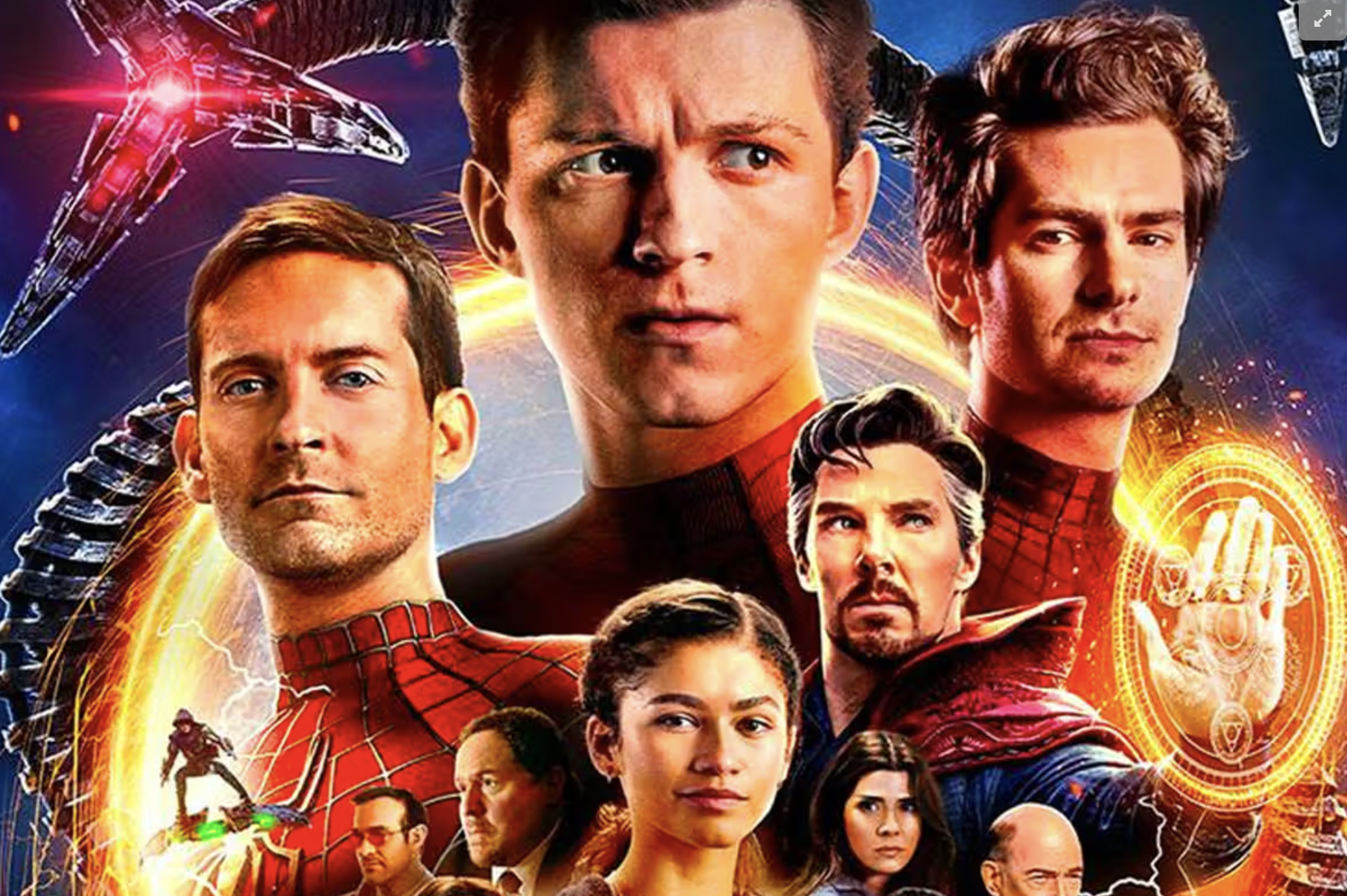
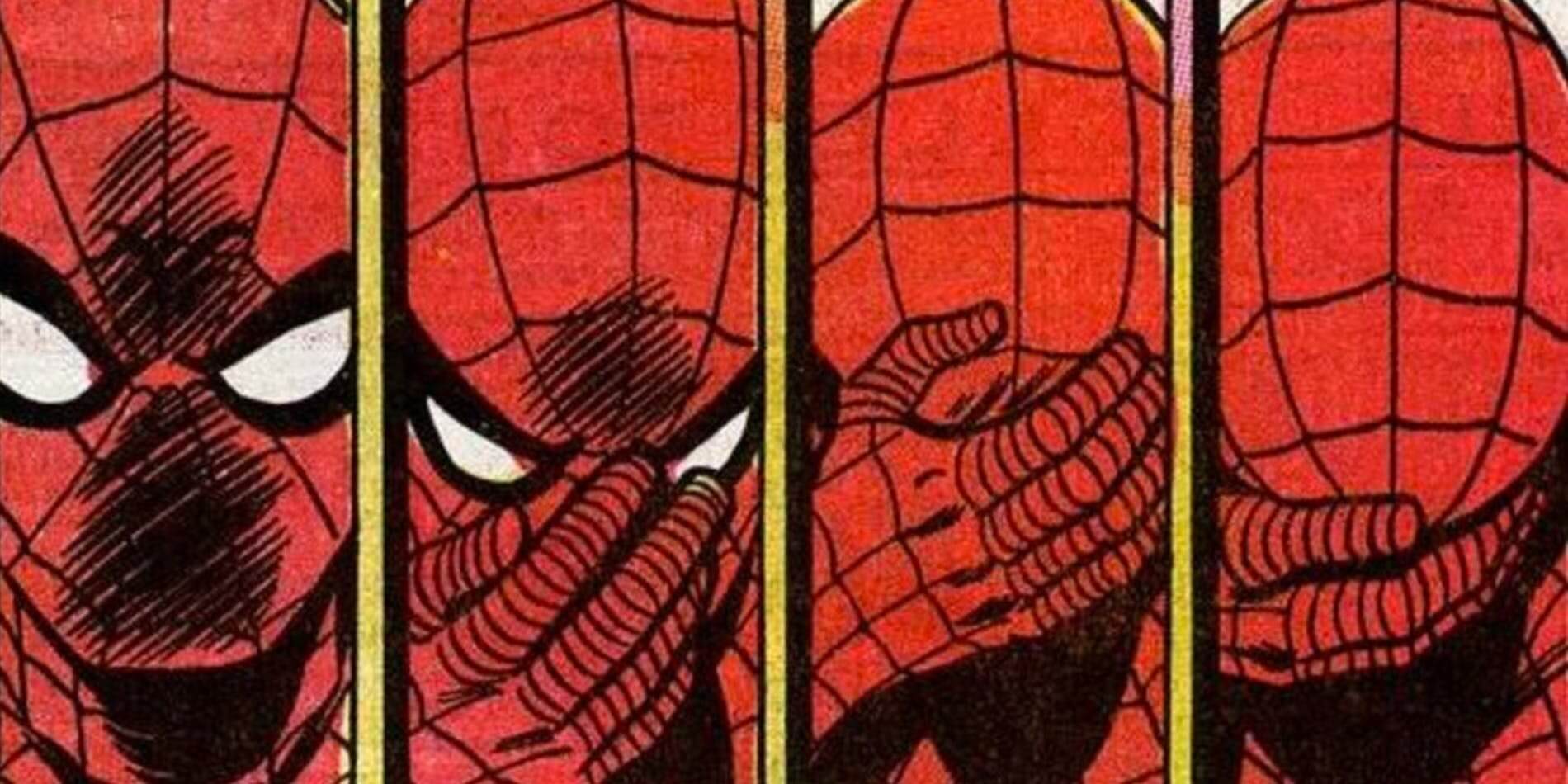
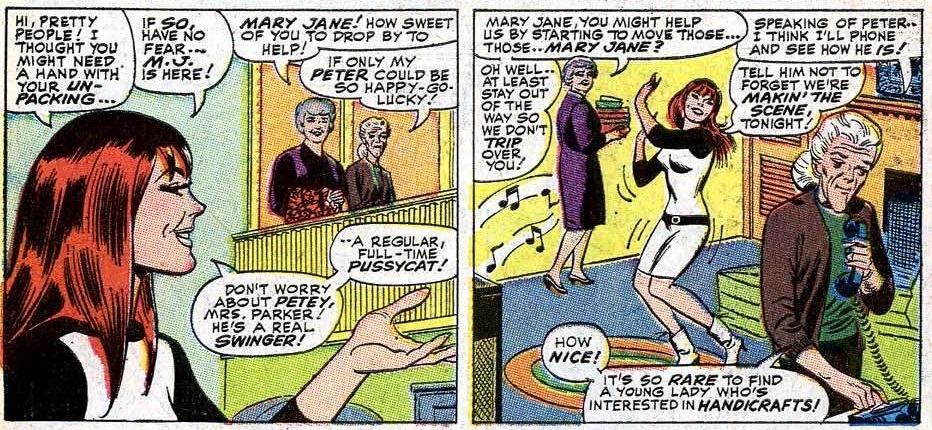
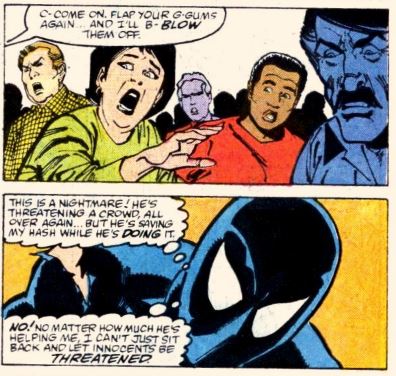




Interesting piece.
Here’s my opinion:
While the time may be ripe for another experiment like the Ultimate Universe, there’s no need for something so convoluted as what you describe. Just let the main 616 universe live its life and evolve organically with characters growing, getting retired and being replaced by new ones. For people who prefer certain versions of the characters, they could always publish series or mini-series ad hoc: the setting may either be the past or a parallel universe; something like DC’s Elseworlds.
It’s not like they’re not exploiting nostalgia already with minis set in the past, which however only get the timeline even more tangled.
The only things stopping Marvel from letting their characters grow are greed and fear of losing customers, which is ironical, because with the way they’re managing things they’re already alienating long-time readers, without replacing them with enough new readers.
One of the strong points of Marvel comics has always been its sense of continuity: the sooner they realize and accept it, the better. Instead today we see more and more detachment from continuity or simple disregard of it, which is annoying since we are in an age where is simpler to keep track of it, as you said.